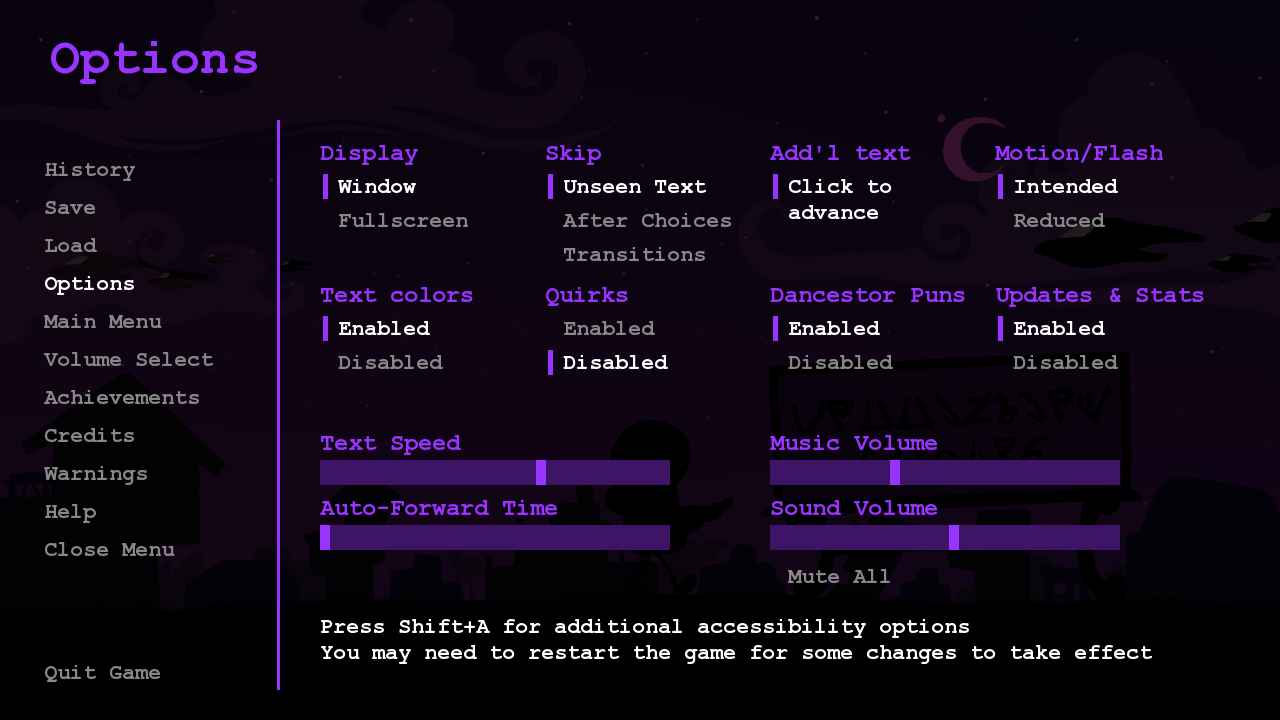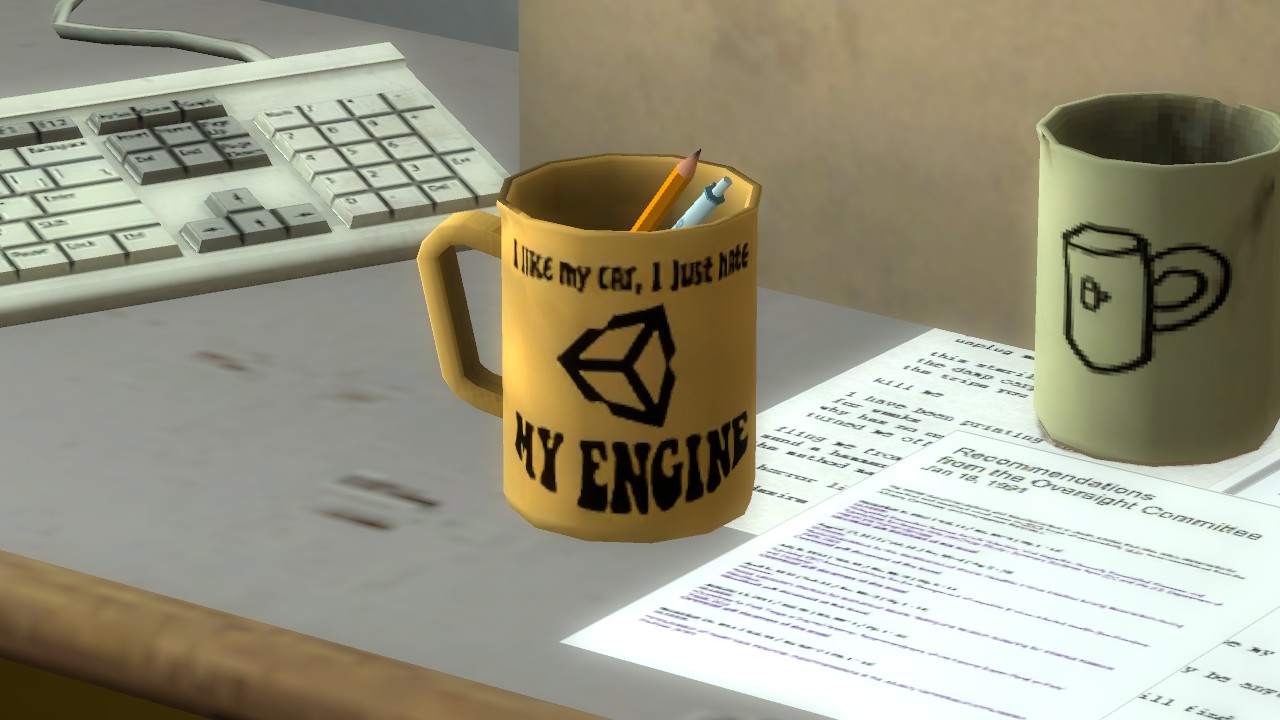This section was originally included in the main body of The Hiveswap Fiasco but I decided it was distinct enough to move it to its own aside page.
A quick note here about how Kickstarter works. This may seem excessive to litigate now, but as you’ll read shortly, it’s unfortunately surprisingly relevant. When a Kickstarter project succeeds, backers pay the creator directly, not Kickstarter — Kickstarter takes a cut, but the transaction is between the backer and the creator. For this reason, Kickstarter doesn’t guarantee refunds.
However, Kickstarter is not a blind donation based on trust alone: creators are legally obligated to fulfill backers. From Kickstarter’s own accountability FAQ:
Is a creator legally obligated to fulfill the promises of their project?
Yes. Kickstarter’s Terms of Use require creators to fulfill all rewards of their project or refund any backer whose reward they do not or cannot fulfill. (This is what creators see before they launch.) We crafted these terms to create a legal requirement for creators to follow through on their projects, and to give backers a recourse if they don’t. We hope that backers will consider using this provision only in cases where they feel that a creator has not made a good faith effort to complete the project and fulfill.
This is a summary of section 4 of the Kickstarter Terms of Use, which reads:
When a project is successfully funded, the creator must complete the project and fulfill each reward. Once a creator has done so, they’ve satisfied their obligation to their backers.
Throughout the process, creators owe their backers a high standard of effort, honest communication, and a dedication to bringing the project to life. At the same time, backers must understand that they’re not buying something when they back a project—they’re helping to create something new, not ordering something that already exists. There may be changes or delays, and there’s a chance something could happen that prevents the creator from being able to finish the project as promised.
If a creator is unable to complete their project and fulfill rewards, they’ve failed to live up to the basic obligations of this agreement. To right this, they must make every reasonable effort to find another way of bringing the project to the best possible conclusion for backers.
The creator is solely responsible for fulfilling the promises made in their project. If they’re unable to satisfy the terms of this agreement, they may be subject to legal action by backers.
Now, if a project fails and goes bankrupt, they obviously can’t fulfill their obligations. Kickstarter projects fail all the time. However, there are concrete, legal obligations on creators of successfully funded projects, as long as they’re capable of doing so. Or, if there’s a reason that the final product can’t be completed, (non-bankrupt) project creators are obligated to refund their backers. Note that there are two obligations here: between the creator and Kickstarter, the company, and between the creator and the project backers.
So, in the case of the Homestuck Kickstarter, “MS Paint Adventures” is legally obligated by both Kickstarter and the project backers to deliver the promised game and merchandise to the project’s backers. But hopefully it won’t come to that, right?
 Positioning Things in Ren'py
Positioning Things in Ren'py
 W.D. Gaster and fake depth
W.D. Gaster and fake depth

 VR First Thoughts
VR First Thoughts
 “I love my car, I just hate my engine”
“I love my car, I just hate my engine” Tweets about the attack on the Capitol
Tweets about the attack on the Capitol

 How Apple Destroyed Mobile Freeware
How Apple Destroyed Mobile Freeware
